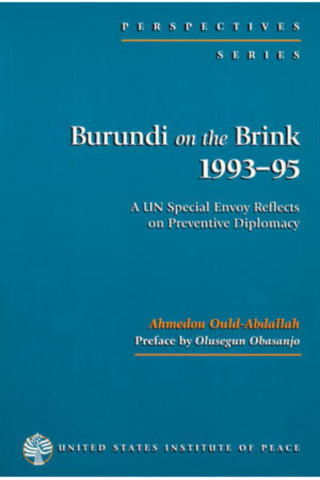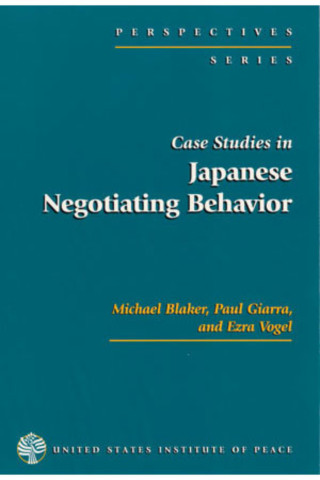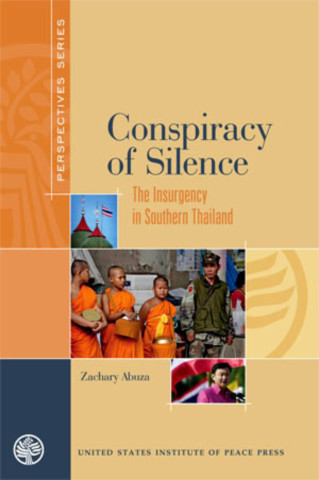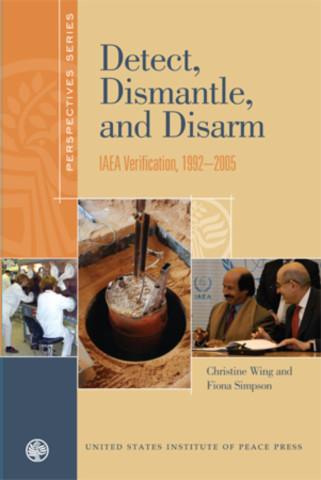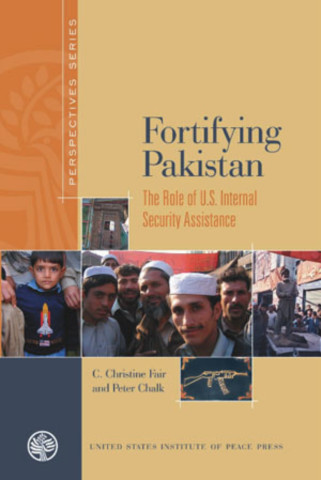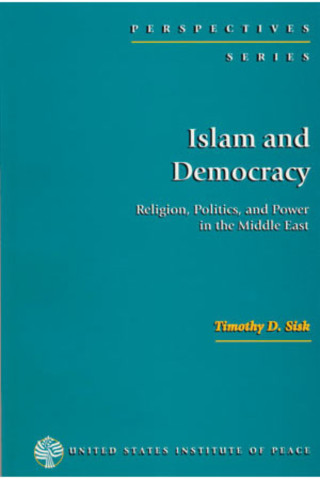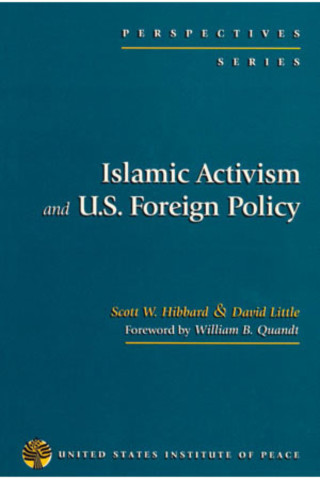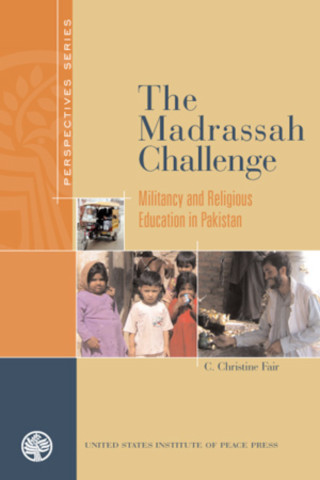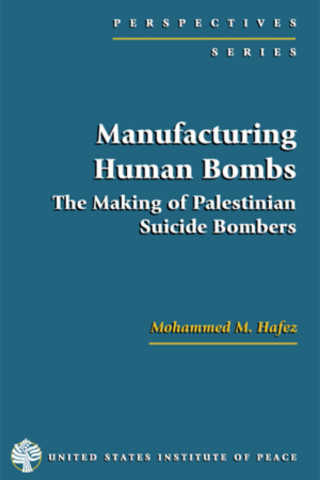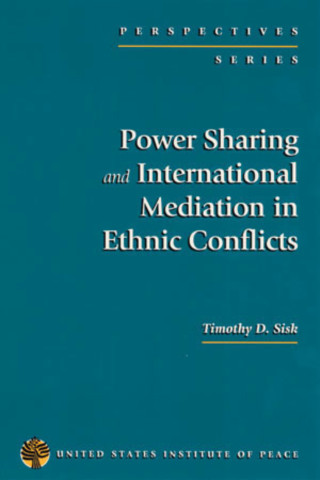Perspectives Series
- Sort by
Ambassador Ould-Abdallah arrived in Burundi with a mandate from the United Nations to rescue the country's fledgling democracy and bring together political and ethnic rivals. His original mandate was for three months; he stayed two years. When he left, Burundi was by no means tranquil, but his efforts to foster political power sharing and to rein in extremism had done much to avert all-out civil war and to save Burundi from the genocidal fate of neighboring Rwanda.
In Burundi on the Brink, Ould-Abdallah pulls no punches as he describes the challenges he faced—not only from Burundians but also from members of the international community. He is equally revealing about how he sought to boost the limited leverage available to a UN special envoy by bold action, personal example, and close coordination with the local, diplomatic, and NGO communities.
The volume concludes with a stimulating, often unconventional analysis of what Burundi tells us about what does and what doesn't work in the practical realm of preventive diplomacy.
Japanese representatives bring to the negotiating table a distinctive mind-set and behavioral style, one that’s largely free of gamesmanship and histrionics but that’s nonetheless frequently exasperating.
This volume explores four recent U.S.–Japanese negotiations—two over trade, two over security-related issues—looking for patterns in Japan’s approach and behavior. In the first three cases, veteran Japanologist Michael Blaker finds the same fundamental style—coping. “Coping captures the go-with-the-flow essence of the Japanese bargaining approach”: cautious, methodical, low key, resistant, apprehensive, and above all defensive. In the fourth case, Ezra Vogel and Paul Giarra recount how the United States and Japan fashioned a new security framework for their relationship in the 1990s. Vogel and Giarra show that close personal relationships, mutual trust, and a common purpose can foster flexible, fast, and fruitful negotiations.
Each case study explains the cultural as well as political, institutional, and personal factors and assesses their influence. A concluding chapter draws out common threads from the four studies, suggests how U.S. negotiators can maximize negotiating efficacy, and points the way toward a new and clearer understanding of Japanese bargaining behavior.
In this eye-opening volume, the author examines the roots of the current southern Thai conflict, gives a detailed overview of the present crisis, documents the flight of the south's Buddhist community, and argues that the Thai government has woefully misplayed its hand.
In Detect, Dismantle, and Disarm, the first nontechnical book on the IAEA’s role in verification, Christine Wing and Fiona Simpson examine the IAEA's experience in the four cases of Iraq, DPRK, South Africa, and Libya and capture the elements of the verification process most useful for the design of future verification missions.
The authors offer a comprehensive examination of Pakistan’s internal security environment and the effectiveness of its criminal justice structures and assess the impact and utility of the principal United States initiatives to help Pakistan strengthen its internal security.
This volume explores the relationship between religion and politics generally, as well as the global wave of democratization in the late twentieth century, as background to different interpretations of political Islam. It analyzes the role of these movements in Iran, Algeria, Egypt, Jordan, the Persian Gulf (especially Saudi Arabia), and the Palestinian community.
For many in the West, political violence in Algeria, the Middle East, and elsewhere has come to symbolize the threat of “Islamic activism.” Terrorist attacks such as the bombing on the World Trade Towers have solidified this view. Western governments, however, must deal with the challenge of extremism in the broader context of their relations with diverse states with contrasting histories, geographies, and peoples.
To assess this challenge, the Institute brought together a distinguished group of policy analysts, practitioners, and scholars for a series of frank discussions. The sessions analyzed the nature of Islamic activism – including moderate political parties and militant extremists – and the options for policymakers to mitigate violence in a range of cases.
The main problem for the United States, participants concluded, is how to confront militant extremism while recognizing the importance of religious identity and the legitimate need in many countries for social and political reform. A foreword by William B. Quandt, Middle East expert and former National Security Council staff member, spells out how policymakers can respond most effectively to the challenge of Islamic activism.
Fair explores the true significance of the madrassah and its role in Pakistan’s educational system. She chronicles the Pakistan government’s efforts to reform the madrassah system and offers important policy implications and suggestions for initiatives that might address some of the main concerns emanating from ostensible ties between education and security inside and outside Pakistan.
Suicide bombings have become a terrifyingly familiar feature of contemporary warfare and insurgency. But explanations of such attacks are typically either too narrow or too superficial to enable us to understand—and thus combat—this complex and deadly phenomenon.
In this slim but remarkably balanced, informative, and insightful volume, Mohammed Hafez delves beneath the surface as he explores the case of Palestinian suicide bombers during the al-Aqsa intifada that began in 2000. Drawing on extensive research in the West Bank and Israel, Hafez reveals an intricate web of factors that fueled the campaign of suicide attacks. To understand the bombings, he argues, we must examine the interrelation among the motives of the individual “martyrs,” the calculations of the organizations that deployed them, and the attitudes of a victimized society. This approach yields not only a penetrating look at suicide bombers but also policy-relevant lessons for dealing with extreme political violence in places such as Iraq, Chechnya, and Afghanistan.
Highly readable, wonderfully concise, and packed with useful information, Manufacturing Human Bombs offers students an excellent introduction to its subject; for readers already well versed in terrorism and the Middle East, the volume offers a rare combination of rich empirical data, considerable analytical breadth and depth, and refreshing evenhandedness.
Can power sharing prevent violent ethnic conflict? And if so, how can the international community best promote that outcome?
In this concise volume, Timothy Sisk defines power sharing as practices and institutions that result in broad-based governing coalitions generally inclusive of all major ethnic groups. He identifies the principal approaches to power sharing, including autonomy, federations, and proportional electoral systems.
In addition, Sisk highlights the problems with various power-sharing approaches and practices that have been raised by scholars and practitioners alike, and the instances where power-sharing experiments have succeeded and where they have failed. Finally, he offers some guidance to policymakers as they ponder power-sharing arrangements.

